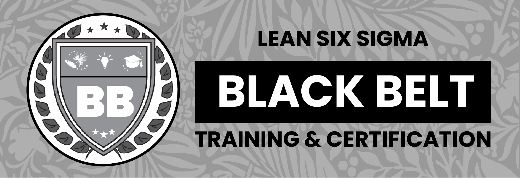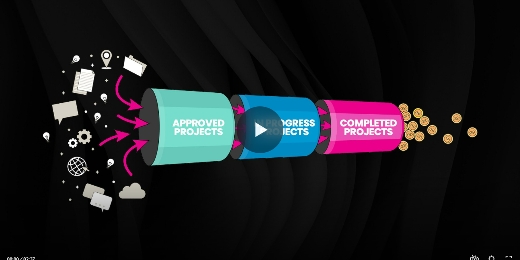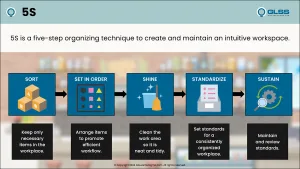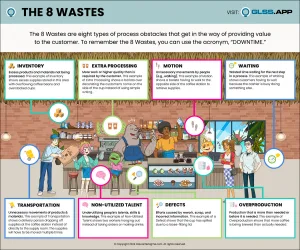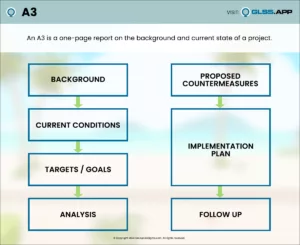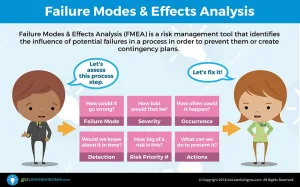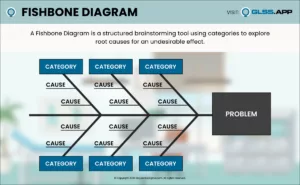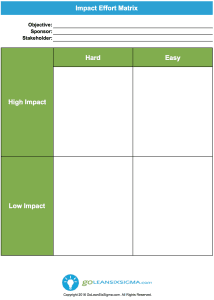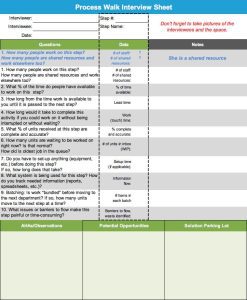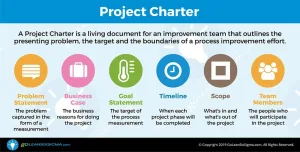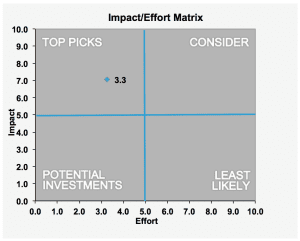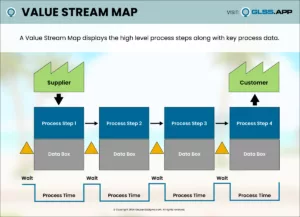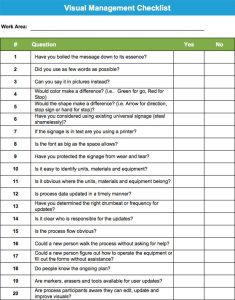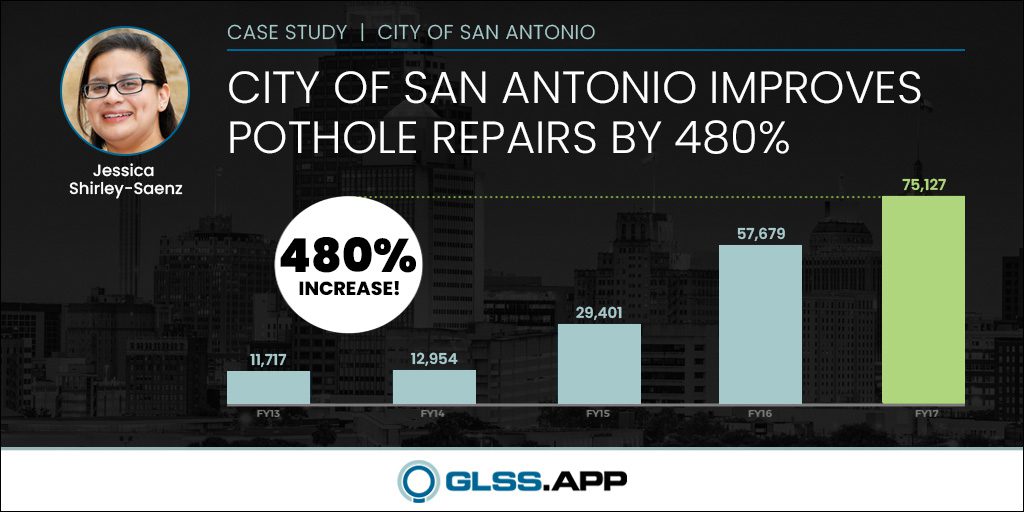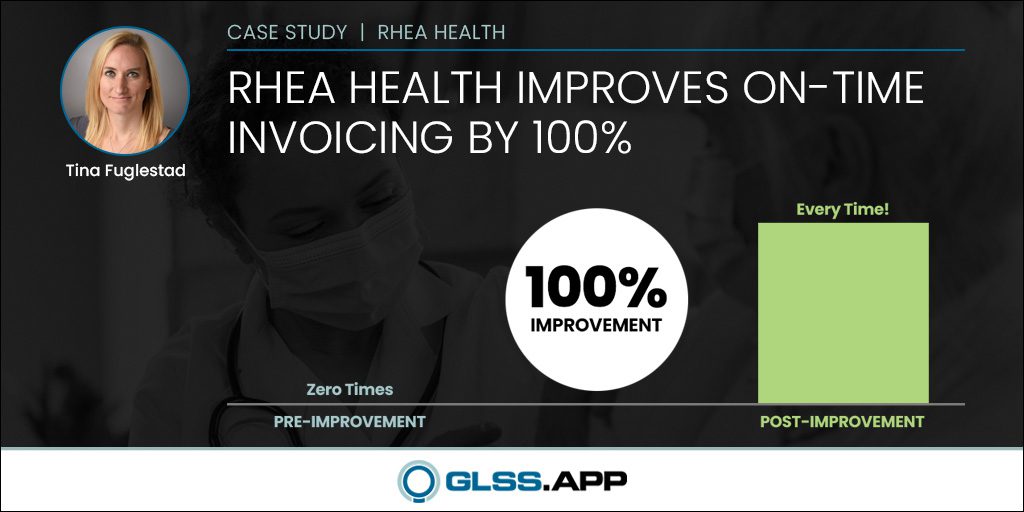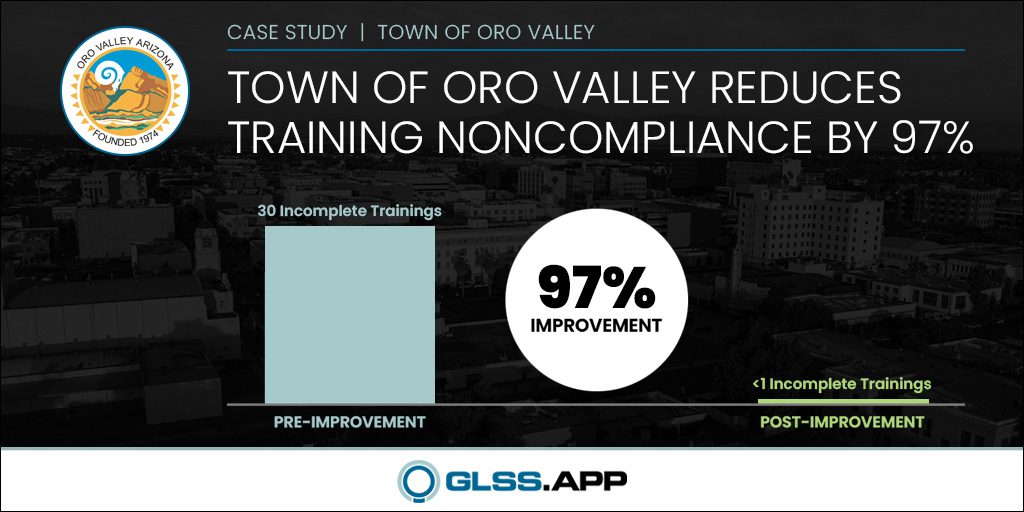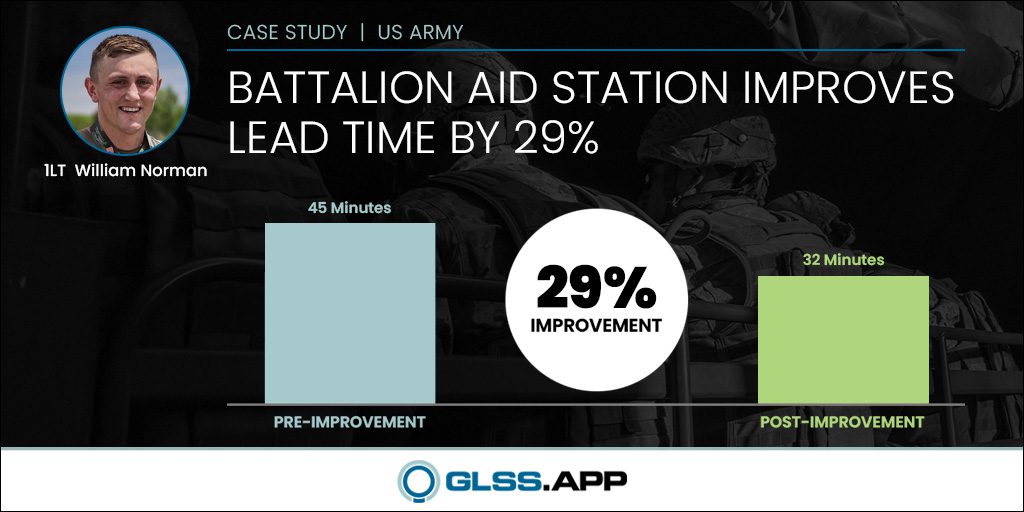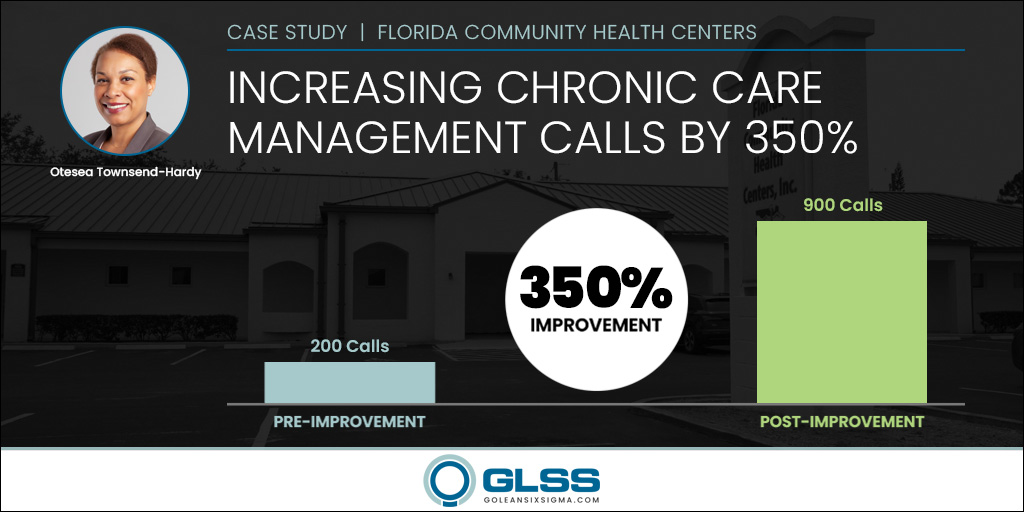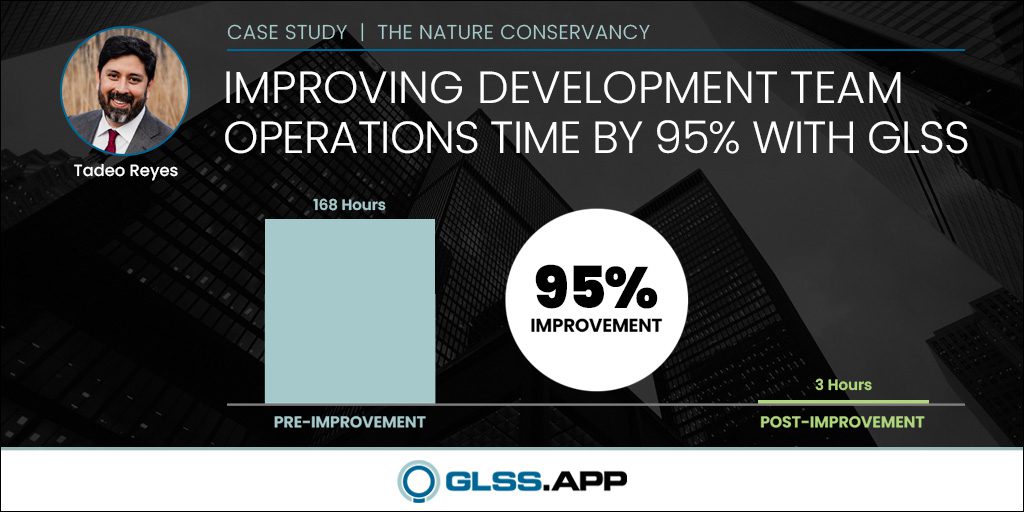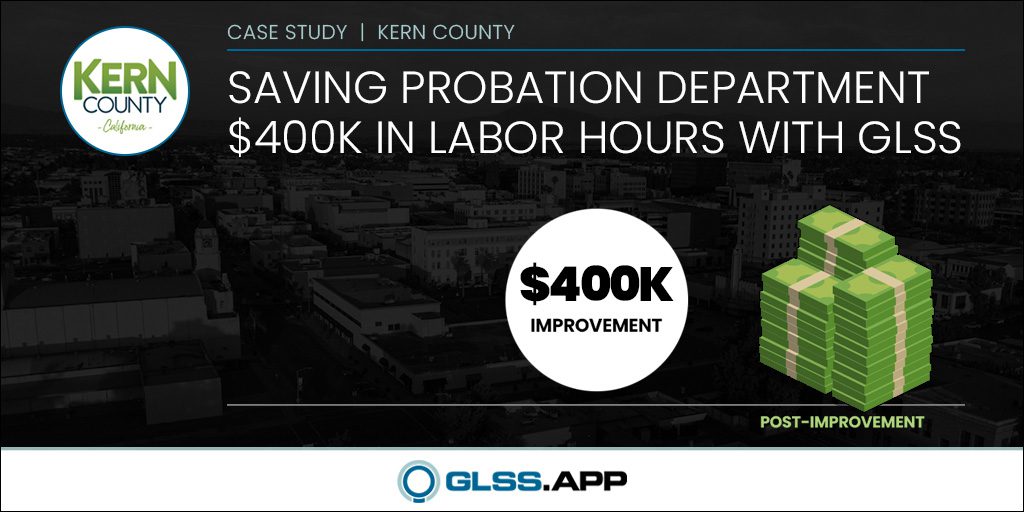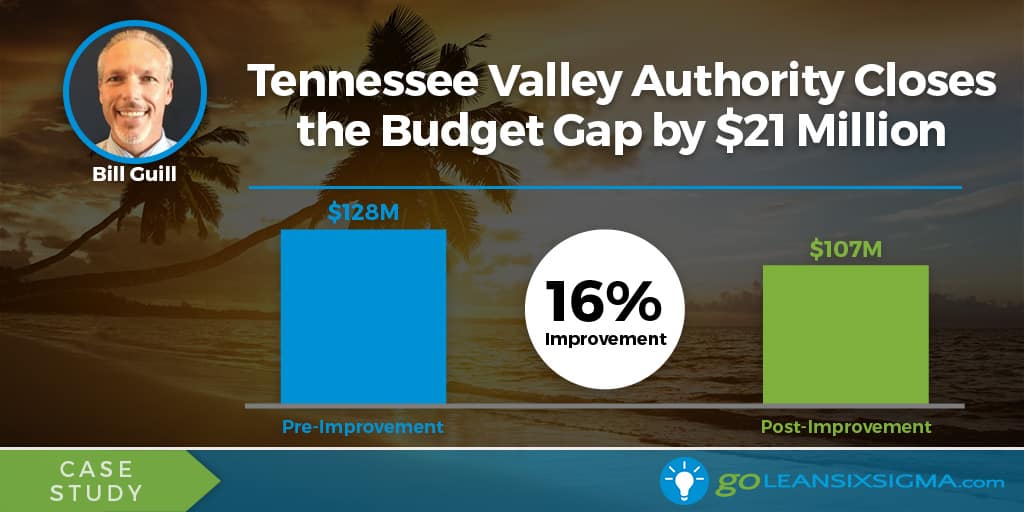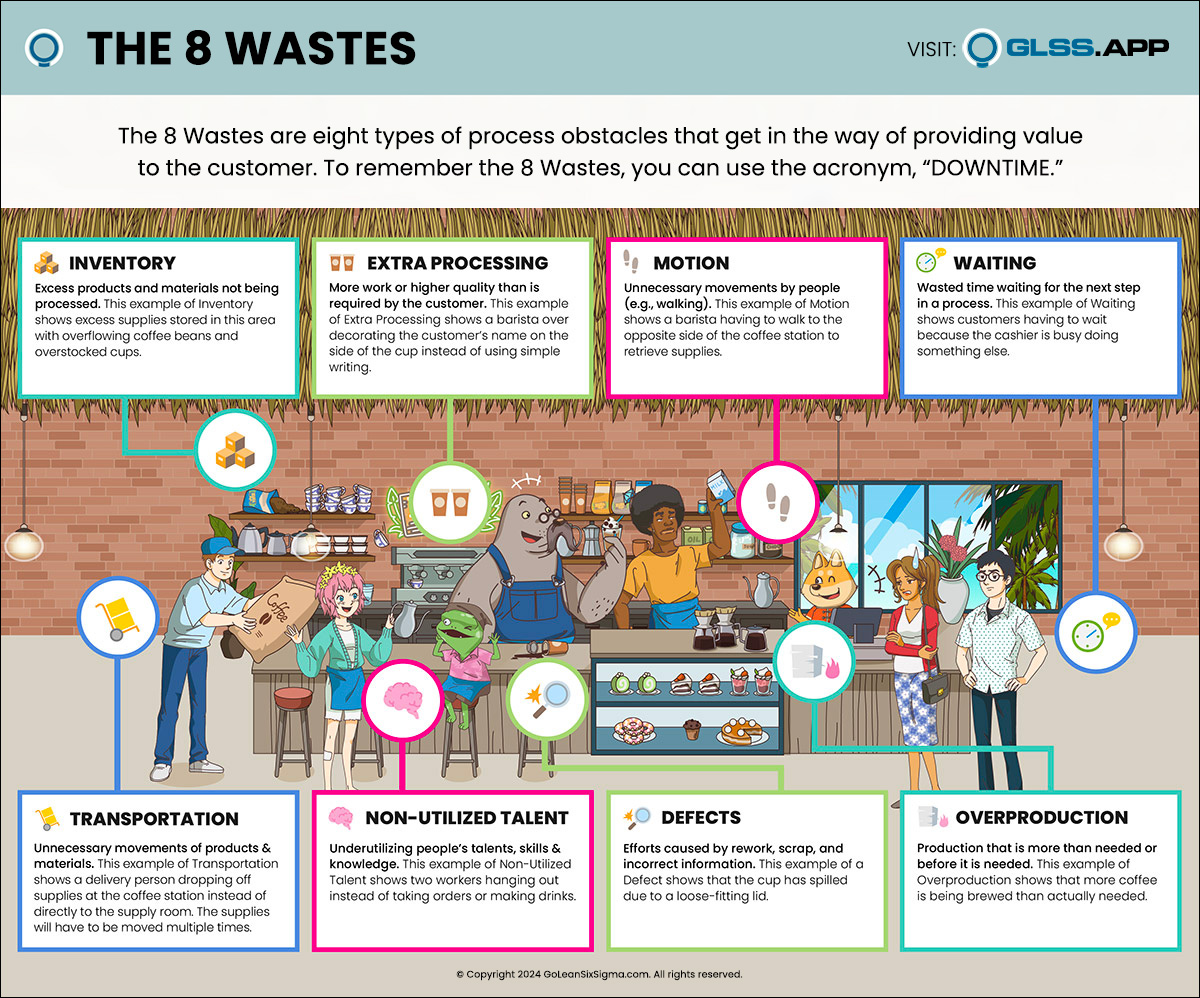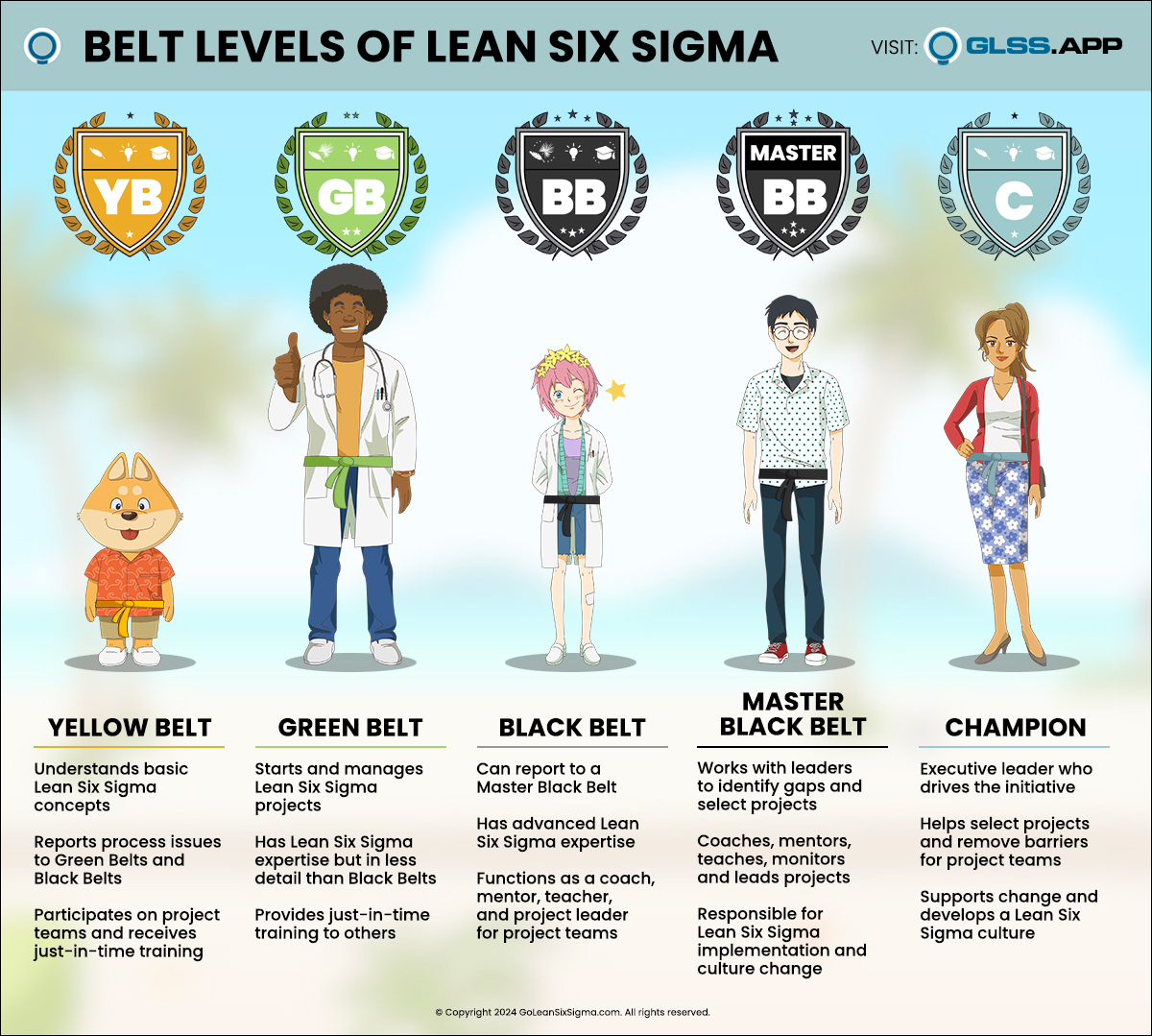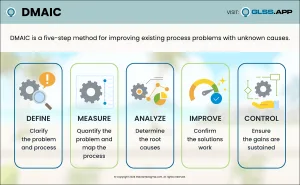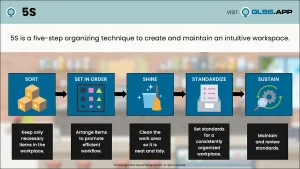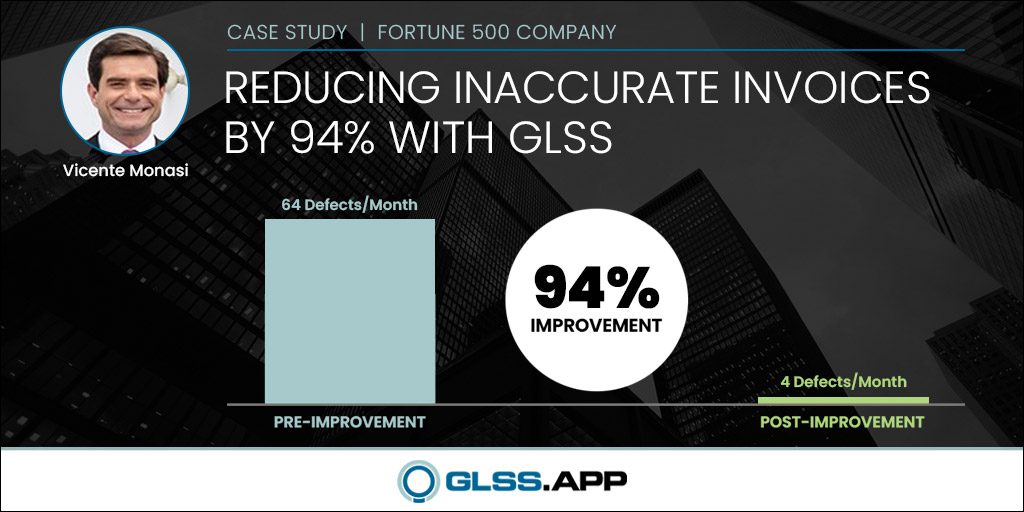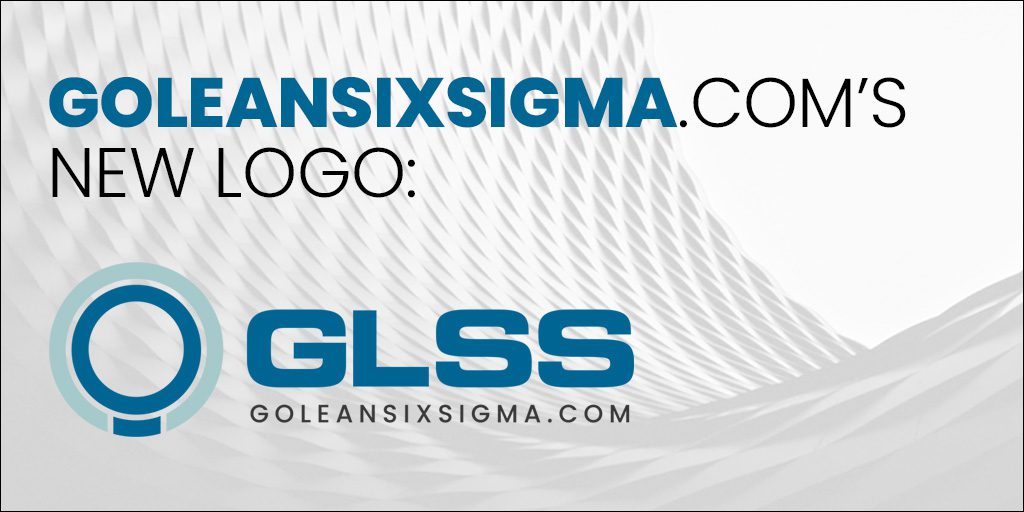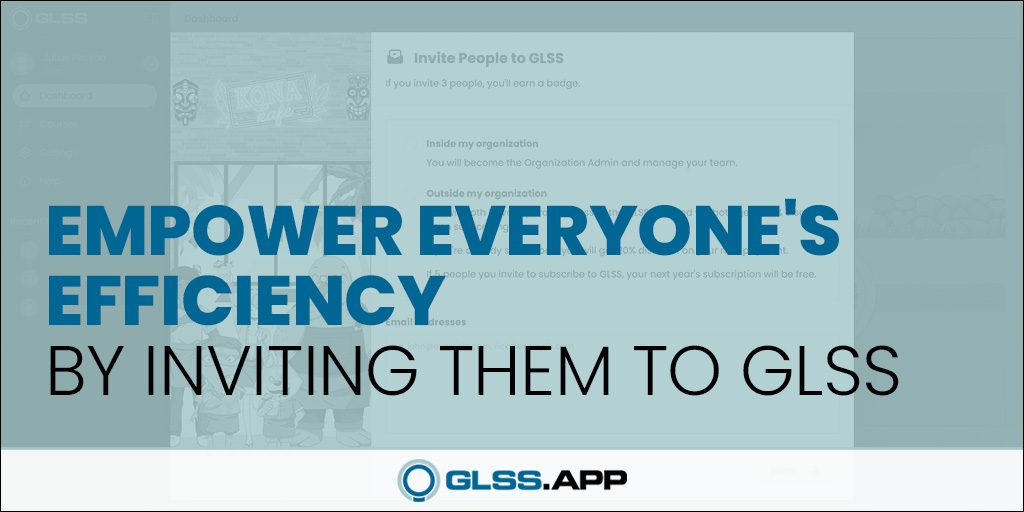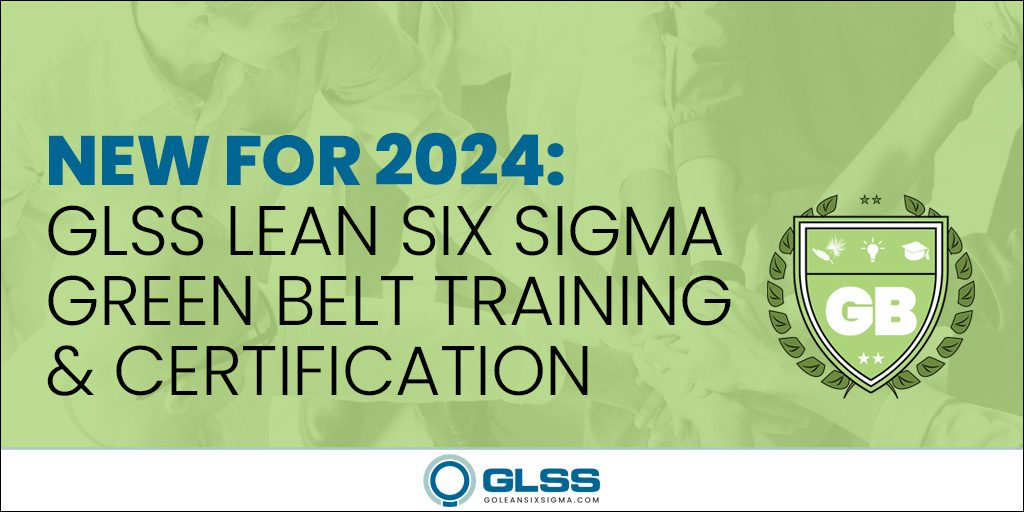Harvard Business Review contributor Scott Keller presents an interesting conundrum: while executive leadership embraces change, quite often, nothing changes. As part of his research for their book, Beyond Performance, Keller posits that the executives themselves may be part of the problem that needs to change.
Self-Serving Bias: We Believe We’re Better Than We Are
However, convincing executives that they are part of a problem is easier said than done. This is due largely to what psychology calls “self-serving bias”—that is, the tendency for human beings to consistently believe they are better than they actually are.
Keller cites a few amusing examples:
- 85% of students believe they are better than the median at getting along with others
- 25% of students believe they are in the top 1% of getting along with others
- Far more than 50% of people believe they are in the top half of drivers
- When couples estimate their contribution to household chores, the result often exceeds 100%
These numbers of course are mathematically impossible, thereby validating the “self-serving bias”. Senior leaders in particular have no problem “wanting change” and “knowing how to change”, but the problem is they often don’t know “what to change”.
360-degree Feedback Techniques for Improving Executives
Keller offers up 360-degree feedback techniques as a way to determine areas of improvement for executives. Essentially a hard look on a personal level, this can be as invasive as third parties observing executives around daily to revealing calendar analysis.
Such executive improvement techniques are thankfully already in use at several businesses. Examples include:
- Amgen CEO Kevin Sharer asking his top 75, “What should I do differently?” and sharing the answers publicly
- A national insurance company utilizing a “circle of feedback” where participants get answers from colleagues about “What are my strengths?” and “Where can I improve?”
- A multi-regional bank regularly collecting data from 360-degree surveys for their top 25 leadership team





